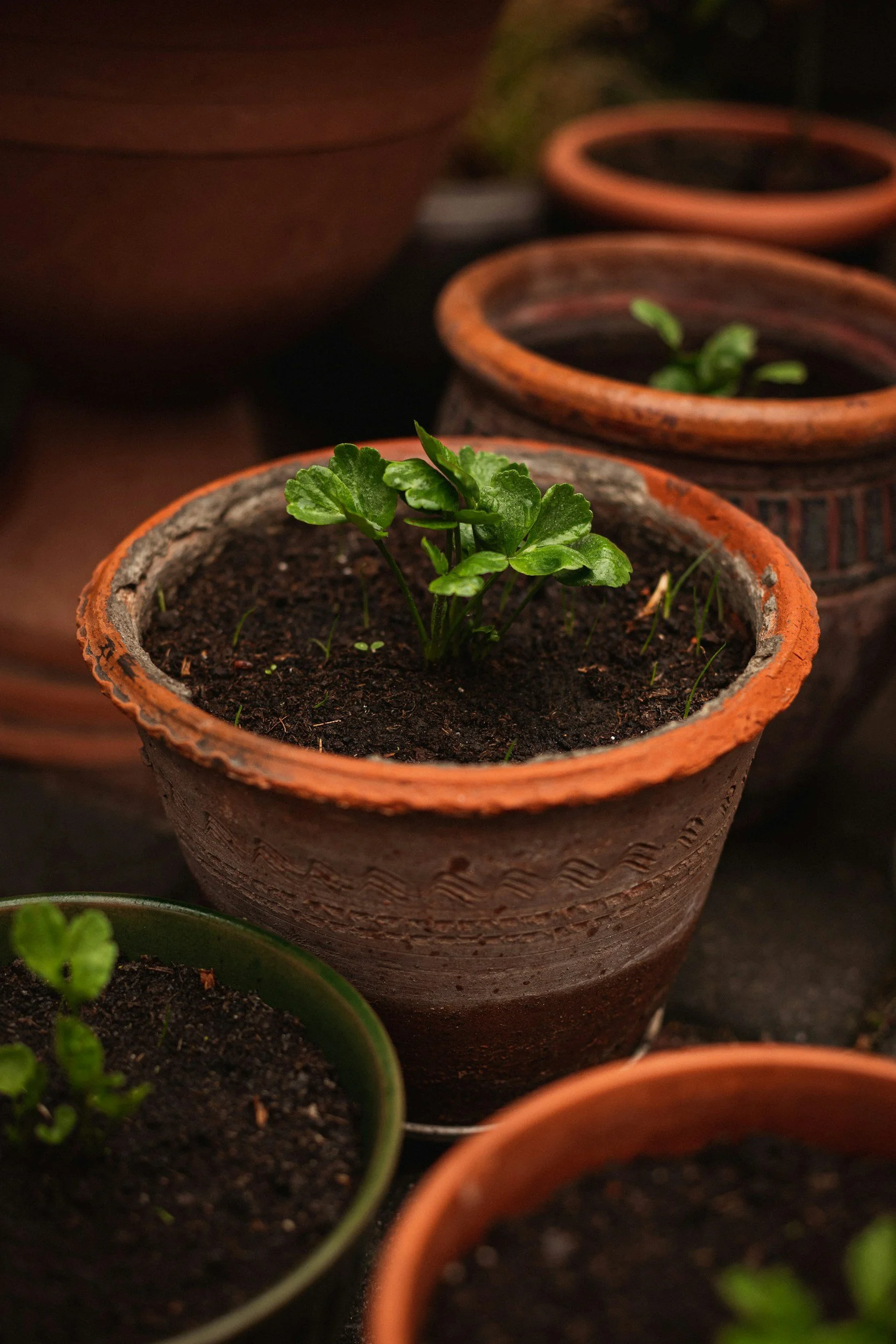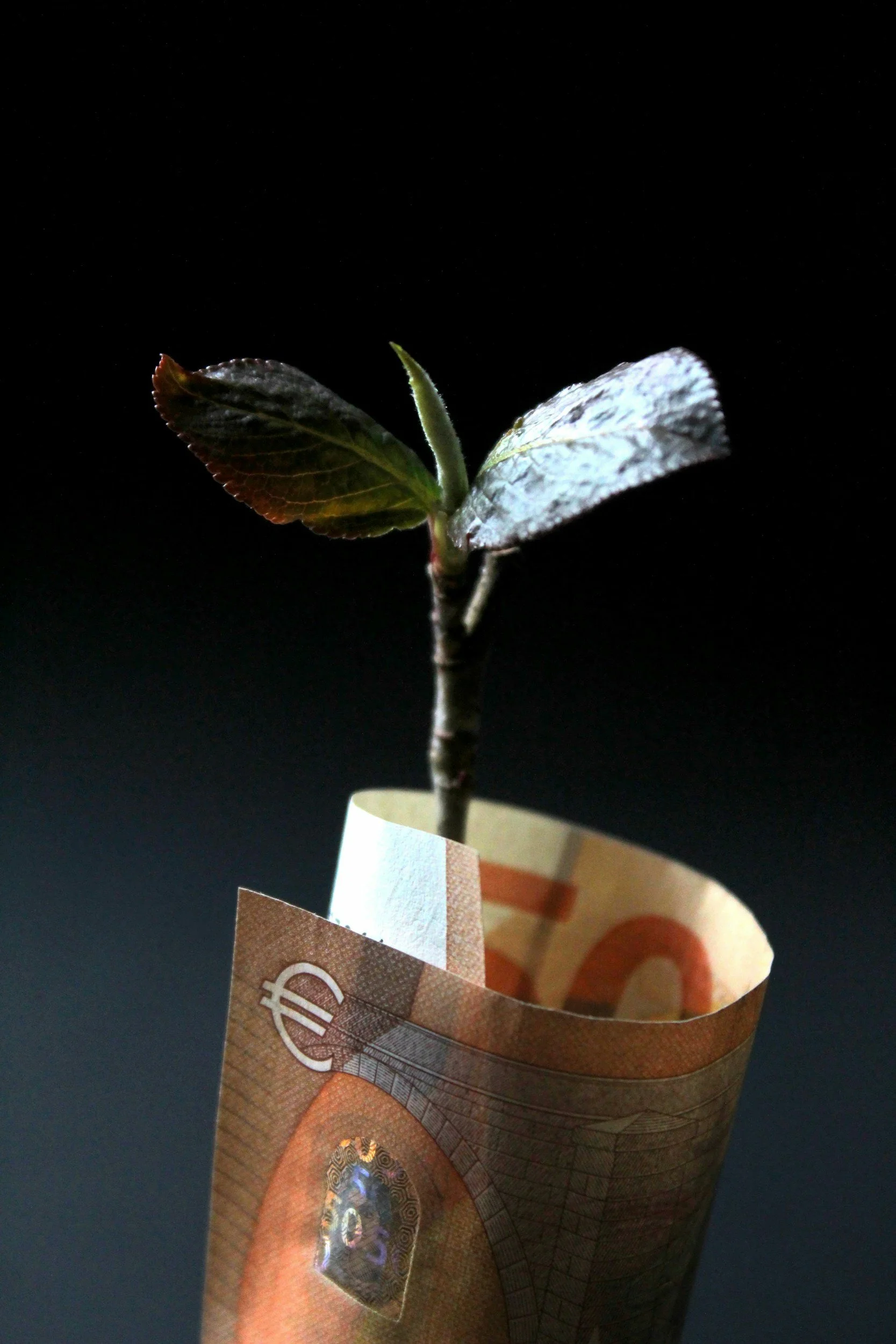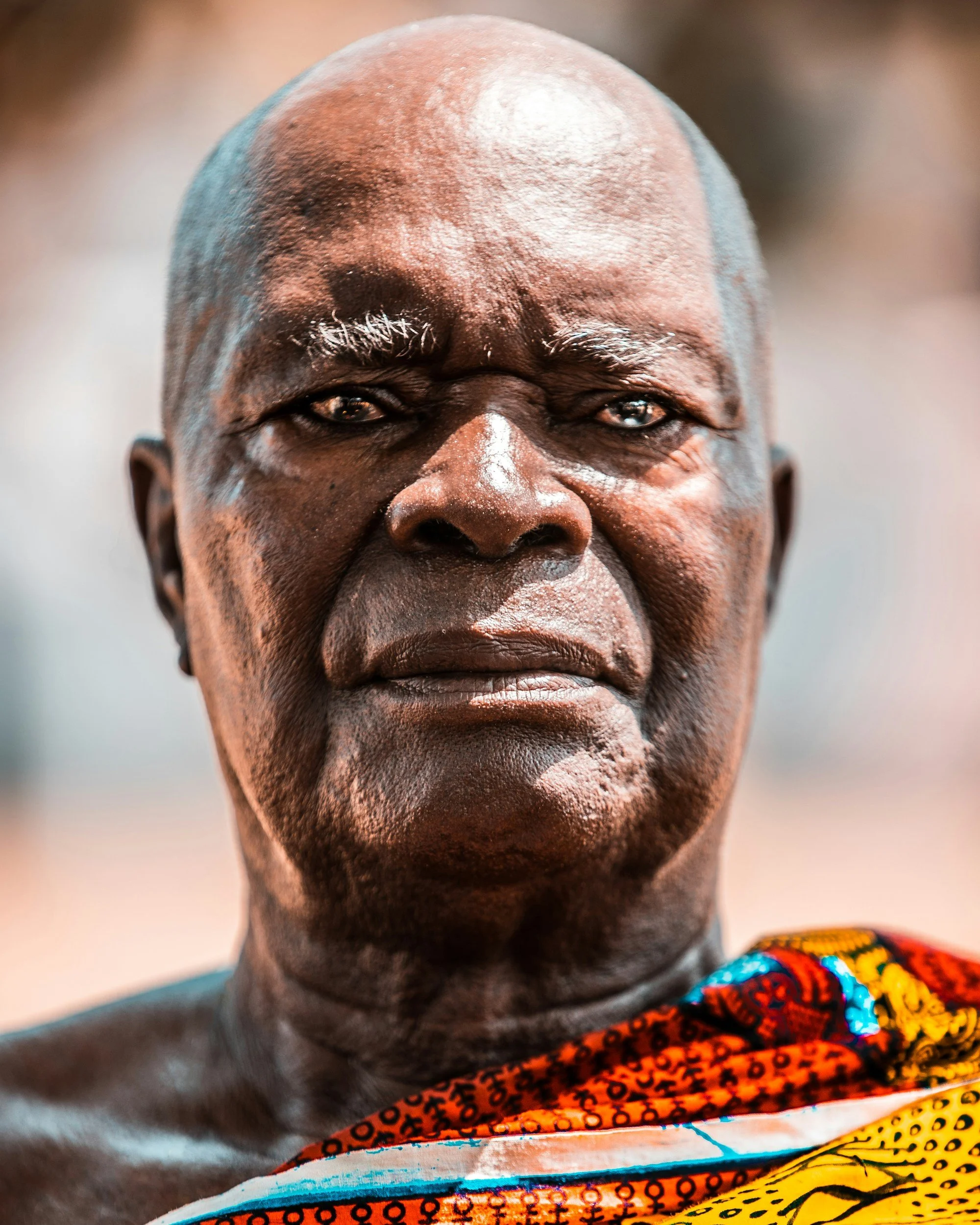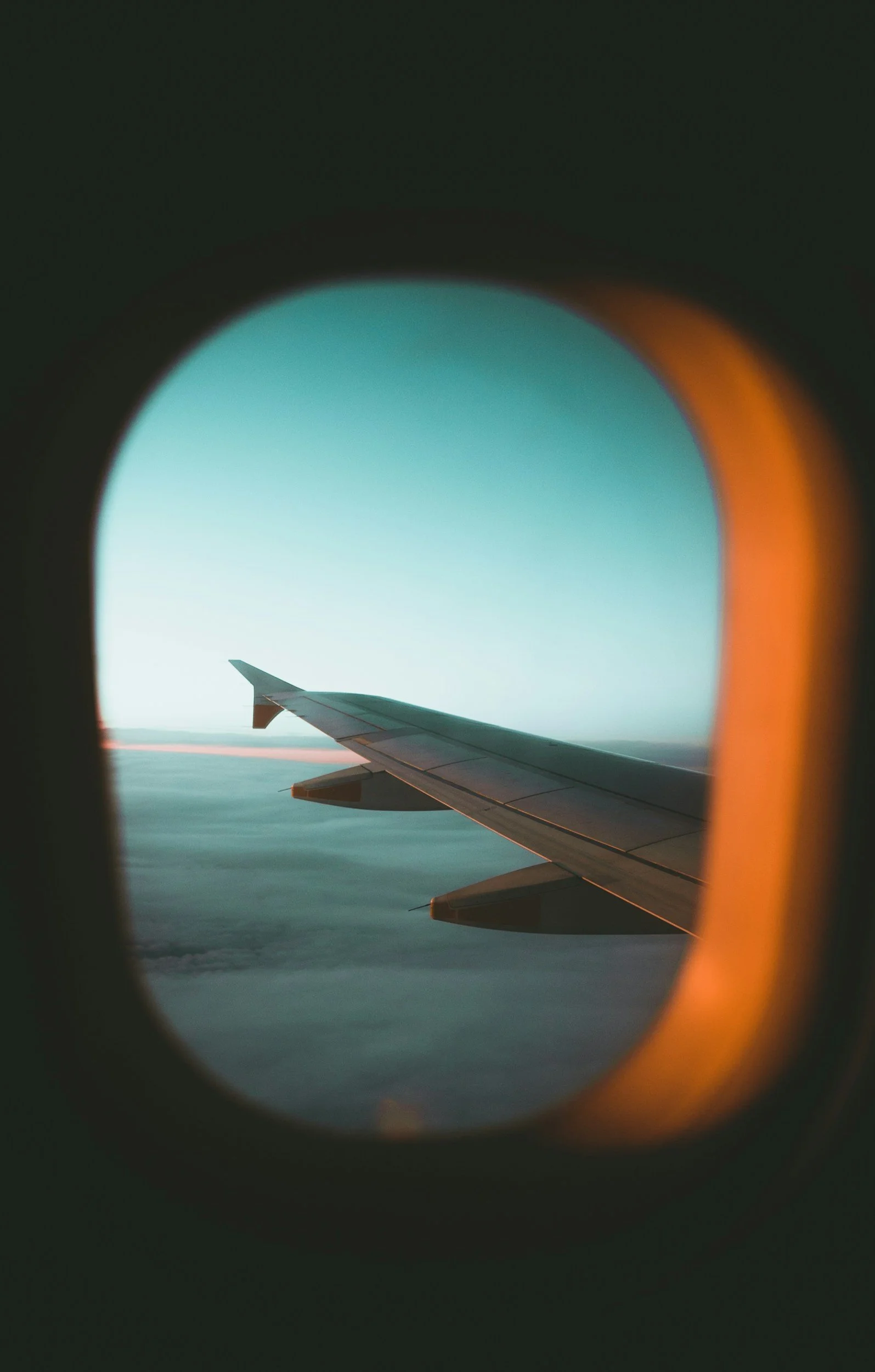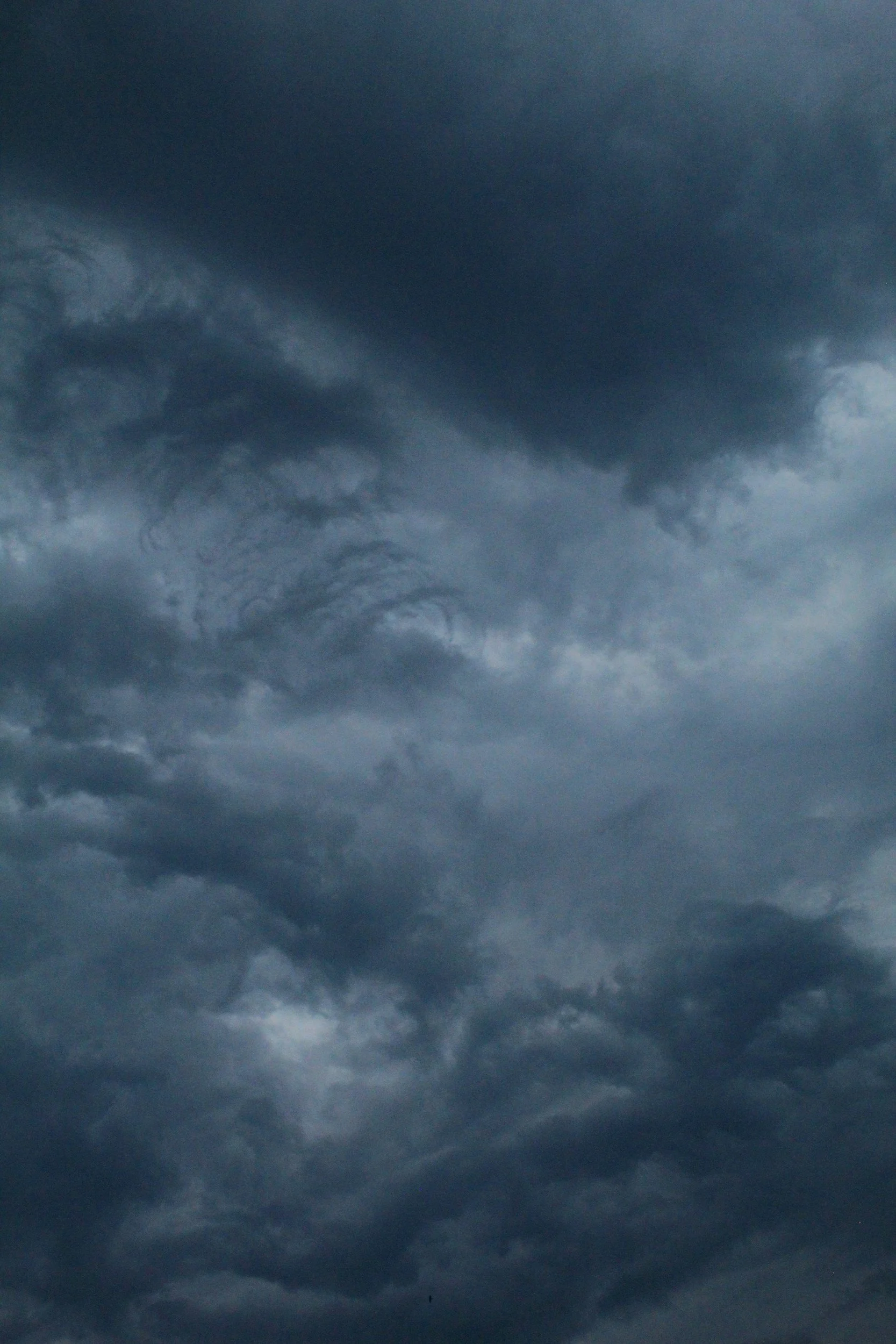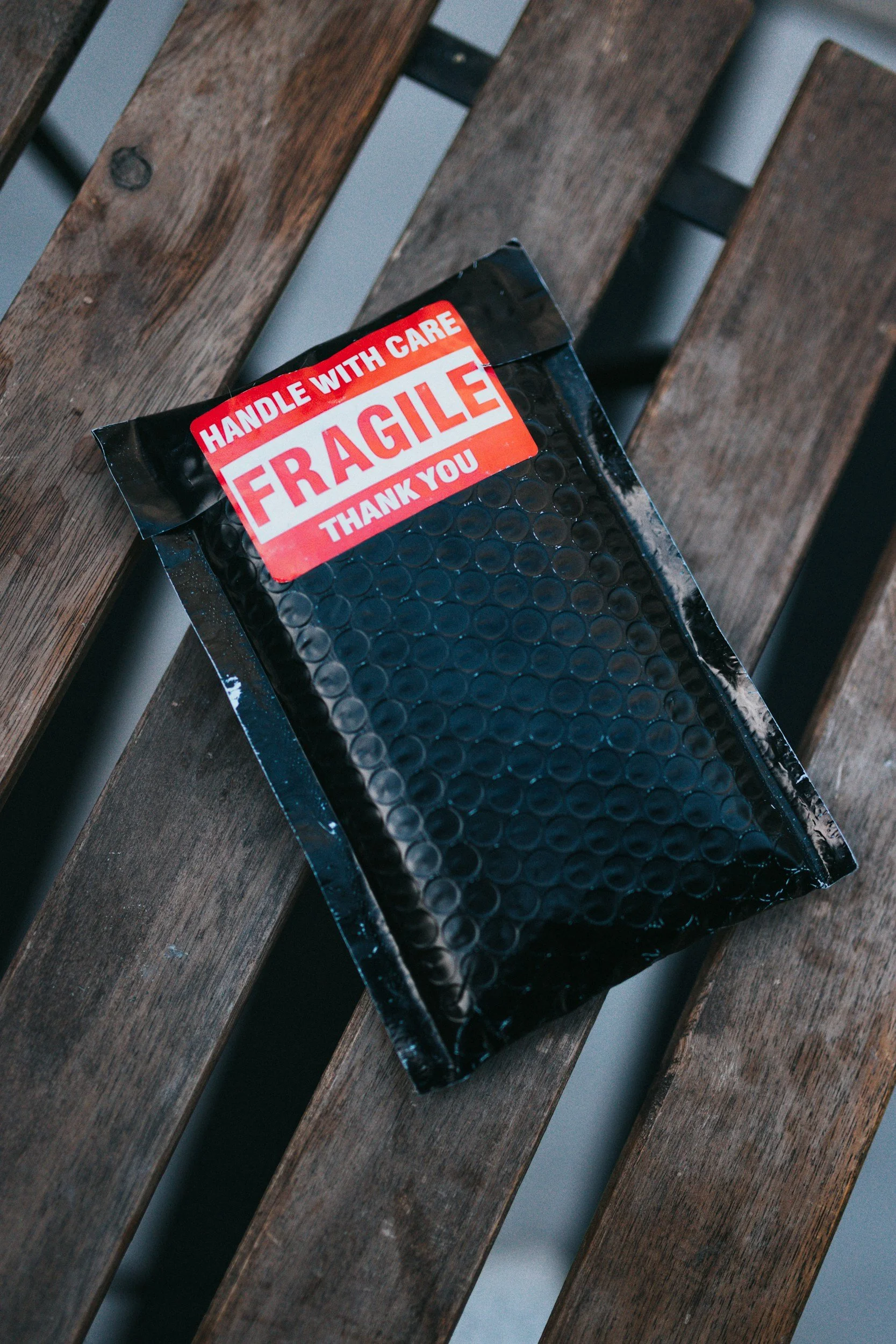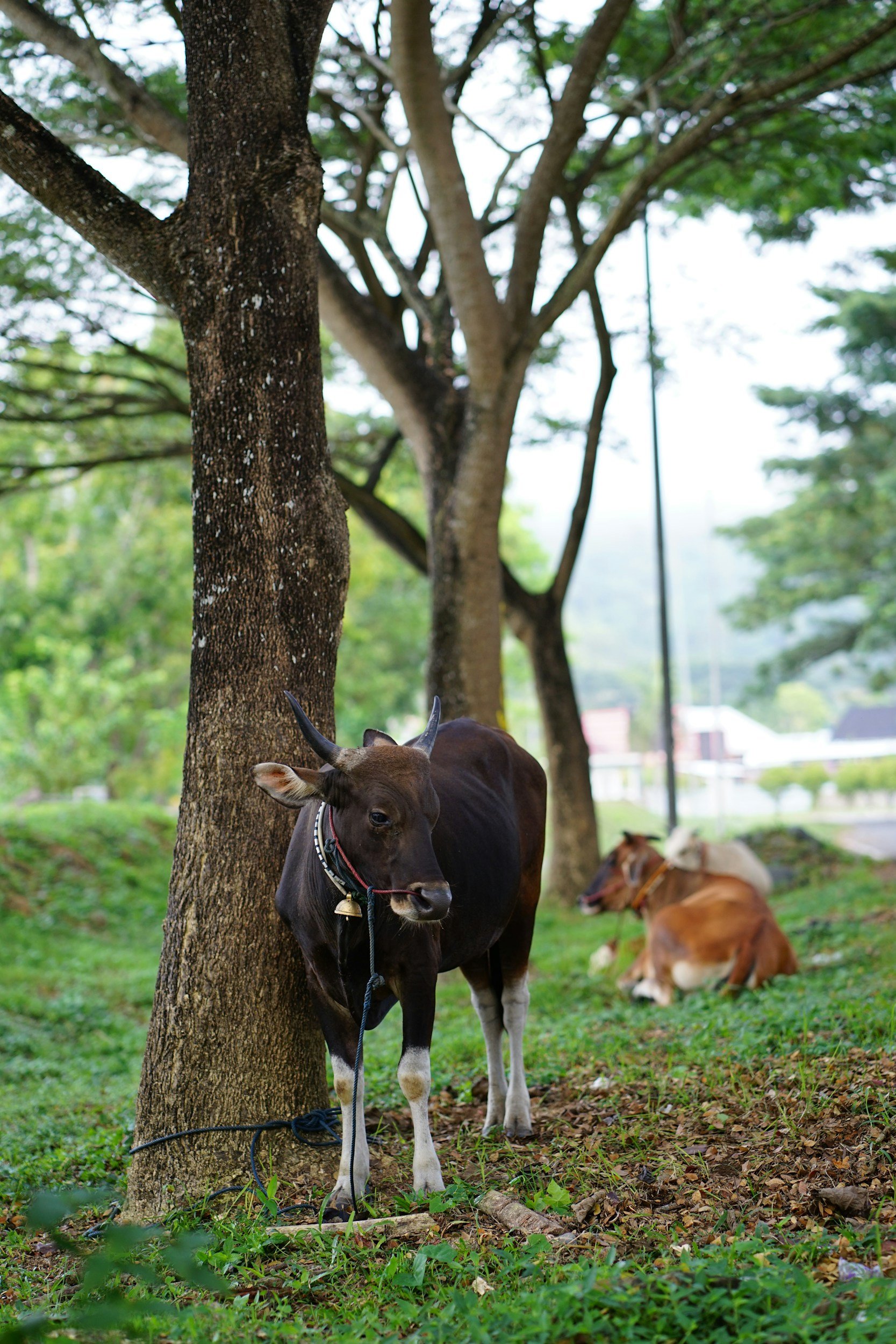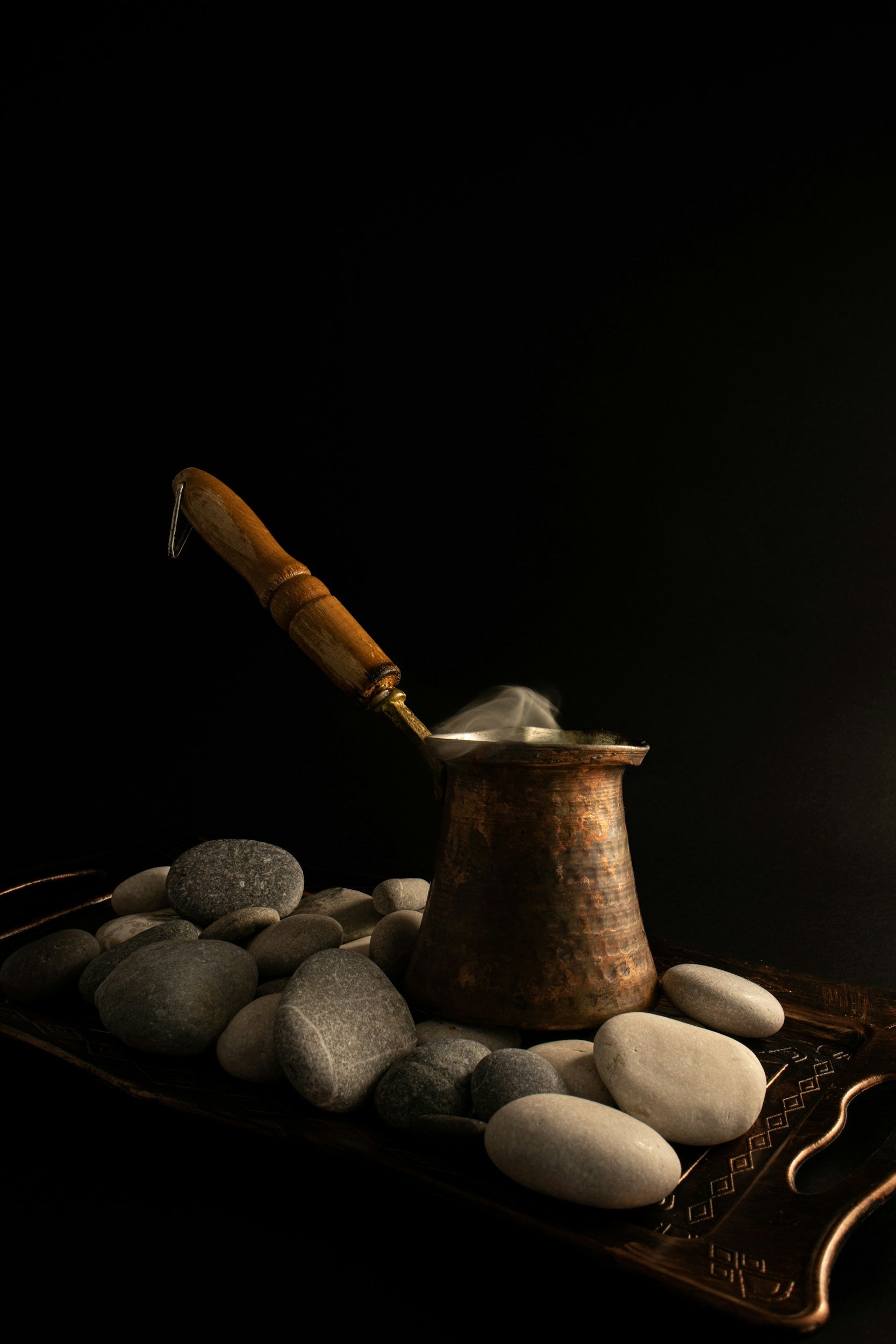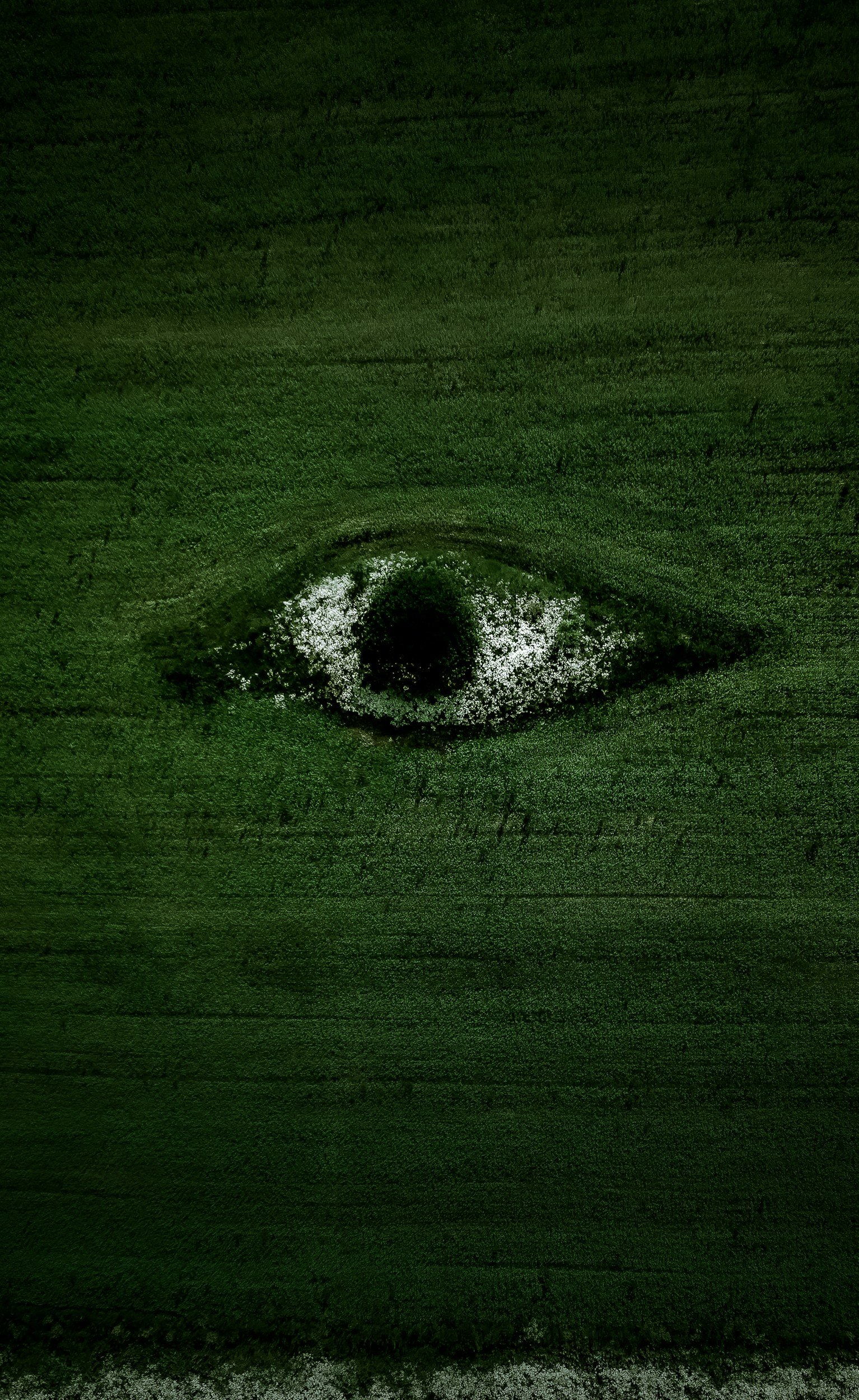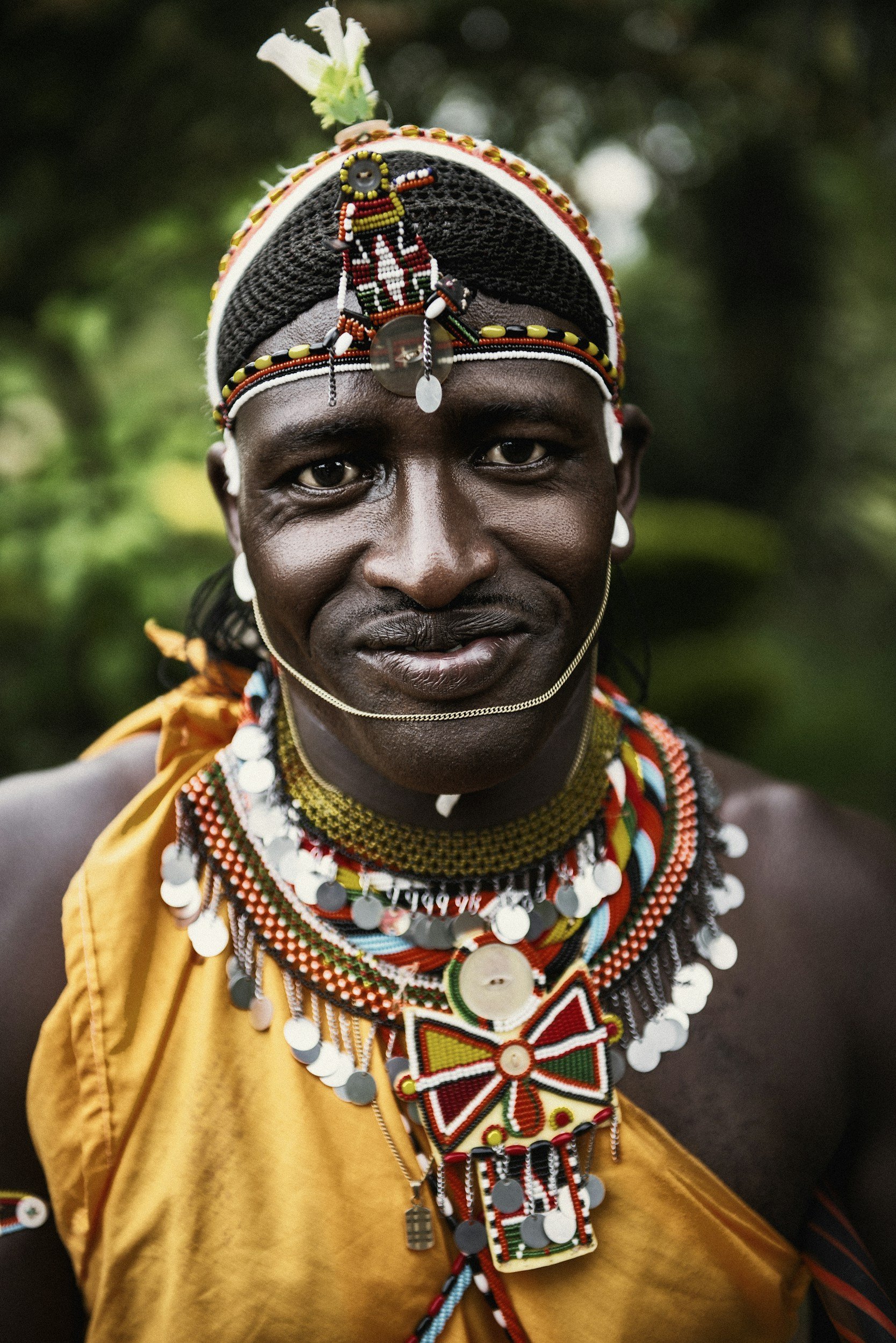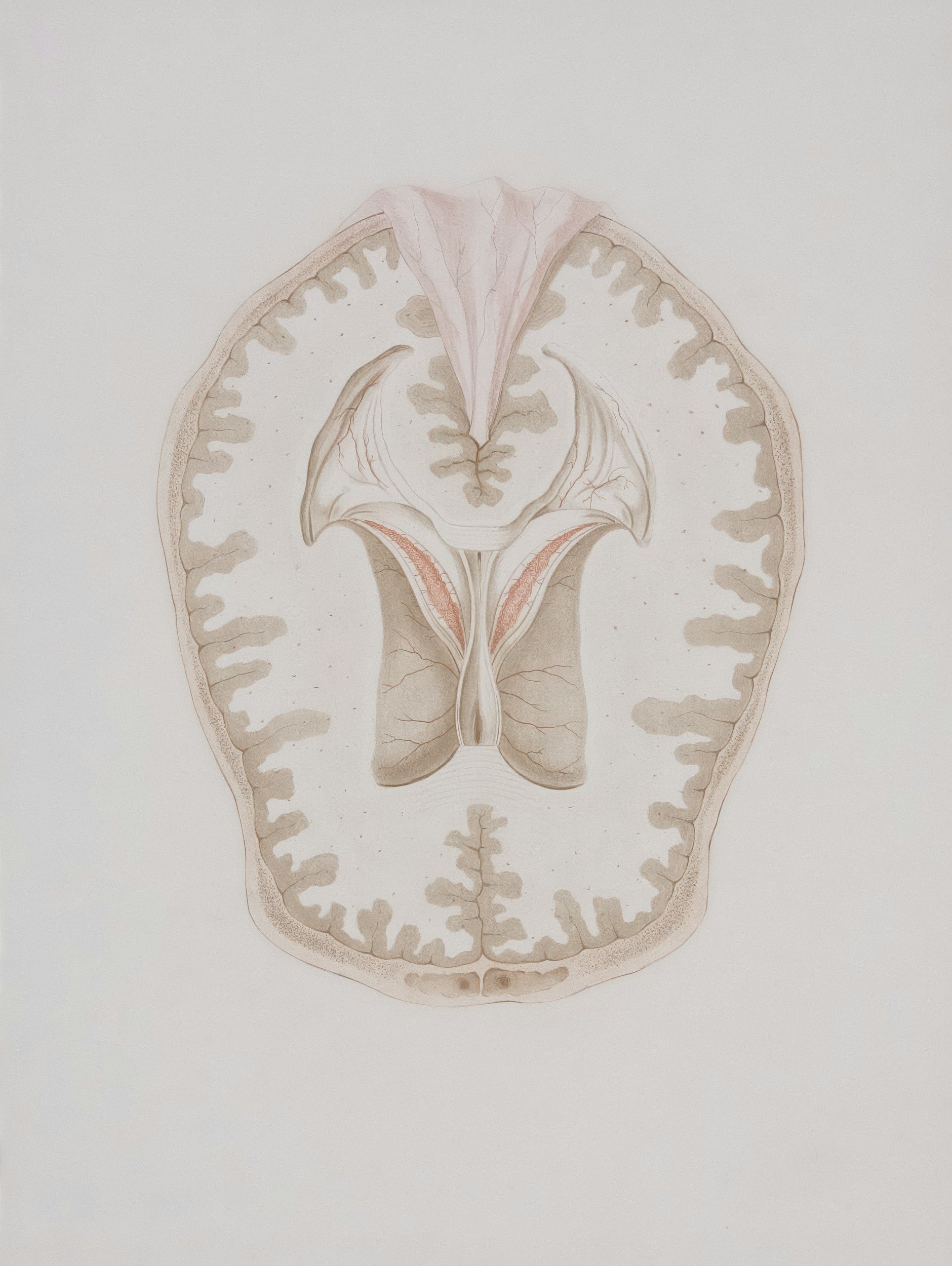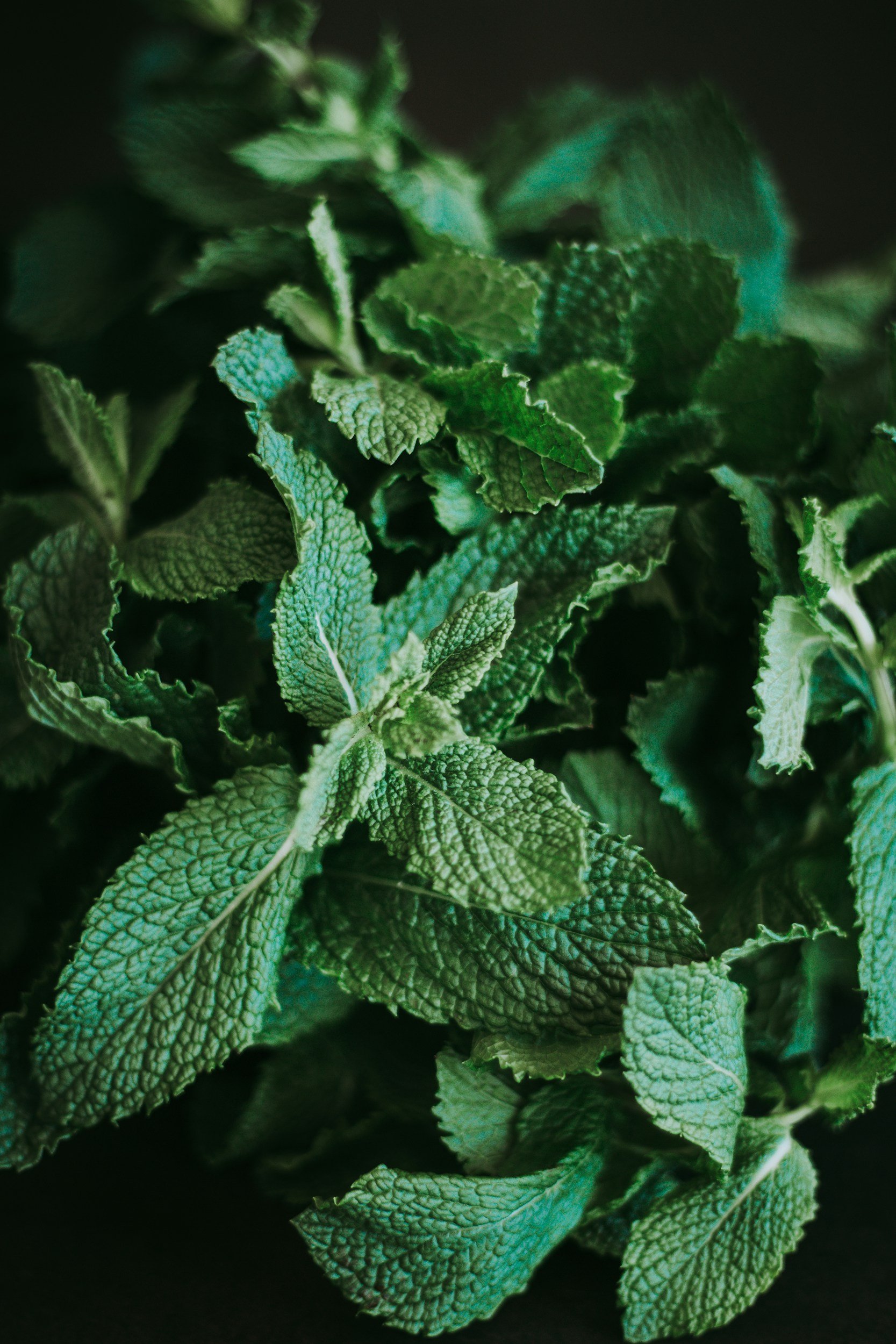Dibia Aja (Experts of Sacrifice in Igbo Spirituality)
In Odinani, various types of Dibias (spiritual specialists) hold unique roles. Among these sacred roles, one stands out for its deep connection to the spirits through ritual and offering: Dibia Aja.
Dibia Aja are specialists in sacrificial offerings, spiritual intermediaries who understand the ancient language of sacrifice and how to use it to connect the human and spiritual realms.
Who Is a Dibia Aja?
The word “aja” in Igbo refers to sacrifice; an intentional act of giving to the spirit world, either to request favor, restore balance, or express gratitude. A Dibia Aja is someone who is spiritually trained and intuitively gifted in:
Preparing and performing all kinds of sacrifices
Communicating with spirits through ritual
Interpreting what kind of offering is needed and when
“Joyful and Joyless” Offerings
Dibia Aja understands that not all sacrifices are the same. Some are offered in celebration e.g thanksgiving for harvests, marriages, childbirth, or healing. Others are performed in somber moments—during times of disease, unexplained deaths, infertility, or spiritual unrest.
Examples of “Joyful” Offerings:
Thanksgiving to Chi and ancestral spirits
Celebration of successful rites of passage
Requests for favor, fertility, or guidance
Examples “Joyless” Offerings:
Cleansing after misfortune or taboo
Appeasement of offended spirits
Breaking curses or neutralizing spiritual attacks
A Dibia Aja knows how to discern which spirit is involved, what they require, and how to balance the energy of the offering to match the intention of the people.
Dibia Aja vs. Eze Alusi
A Dibia Aja is sometimes confused with an Eze Alusi, but their roles are distinct.
The Eze Alusi is a priest assigned to a specific deity or spirit (Alusi). They serve that deity’s shrine, carry out rituals on its behalf, and act as that deity’s earthly representative.
The Dibia Aja, on the other hand, is a spiritual mediator who works across multiple spirit realms. They are not bound to one deity. They are called upon to perform sacrifices wherever they are needed—whether for Chi, ancestors, nature spirits, or powerful Alusi.
Spiritual Expertise Through Sacrifice
What makes the Dibia Aja unique is their deep knowledge of how sacrifice alters energy. They understand that:
Every spirit has its preferred offering
The timing, materials, and intention behind a sacrifice matter
The ritual must be done with precision, humility, and purity
They are also experts at receiving information and feedback from the spirits during or after a sacrifice. This means they also:
Interpret omens and signs
Deliver messages from the spiritual realm
Offer insight into the root causes of spiritual issues
To the Dibia Aja, sacrifice is a spiritual language, and they are fluent in it.
The Role in Community and Spiritual Healing
In traditional Igbo life, a Dibia Aja holds an essential role in:
Community protection during epidemics, droughts, or crises
Ancestral reconciliation through second burial rites
Land cleansing and restoration of sacred sites
Resolving oaths, curses, and broken spiritual covenants
They are not only ritual experts but also spiritual problem-solvers, respected for their ability to restore balance when things go wrong.
Even today, despite the rise of modern religion and science, Dibia Aja are still quietly working. Many families and communities seek them in times of mysterious affliction, sudden loss, or when guidance from the spirit realm is desperately needed.
To Sum It Up
The Dibia Aja role is an important reminder that in Igbo spirituality, sacrifice is viewed as a means of sacred communication and problem resolution.
Whether joyful or sorrowful, each offering has a purpose and the Dibia Aja is the mystical expert who knows how to make that offering count.
Recommended Resources:
Introduction to Igbo Medicine: Igbo Healers and Agwu Deity in a Therapeutic Society | Patrick Iroegbu (Article)
A Dibia with His Tools, 1921 | Igbo Archives (Article)
The Origins of Ụmụ Agbara Agwụ and the Cult of Agwụ Tutelary Entities on Ọdịnala | Odinani: The Sacred Arts & Sciences of the Igbo People (Article)
Dibịa is not Native Doctor: The Roles of Dibịa in Igbo Land — A Historical and Descriptive Approach | Igbotic Net (Article)
